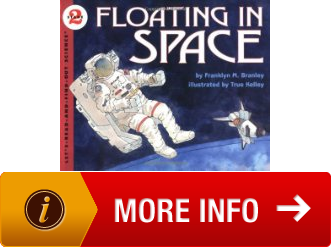Tags
A great new era in primary school science? Allow me a Victor Meldrew moment. I don’t believe it.
So it’s down to the foot soldiers again, folks. If primary school science is not to be sidelined and finally ditched in the future, they need to ensure that its presence is maintained. And I suggest three pragmatic strategies in your school.
So what should the primary science mafia, the school curriculum leaders, the local authority advisers (where they exist) and the college lecturers who have carried the flag so far, be doing? The optimists are planning for stand-alone science lessons. The pessimists are banking on a change of government. It would be nice to think that the Rose Report would be dropped in the dustbin of history. But that’s unlikely. ‘On 30 April 2009, the government accepted the proposals of the Rose review of the primary curriculum. Since this nominally independent review adhered to a narrow government remit, re
It goes without saying that since those days, primary school science has been a huge success story. Through the work of enthusiastic teachers both in and out of schools, it has established itself as an essential part of a full primary education. It certainly helped that it was given core status alongside English and mathematics; that it was subject to SATs testing and to reporting, and importantly that both children and teachers hugely enjoyed it.
I’ve worked for forty years in primary education – the last twenty-five largely in primary school science. When I started, my bible was the Nuffield Junior science Project. A contributor to it was another enthusiastic young teacher called Jim Rose. Forty years later, the subject is in serious trouble, and ironically, his report is not helping. I’m unconvinced by arguments that primary science is about to enter a great new decade of exciting developments. I’d love to agree, but I’m a primary scientist and I work from evidence. I attended a recent regional ASE meeting on science and the new curr

